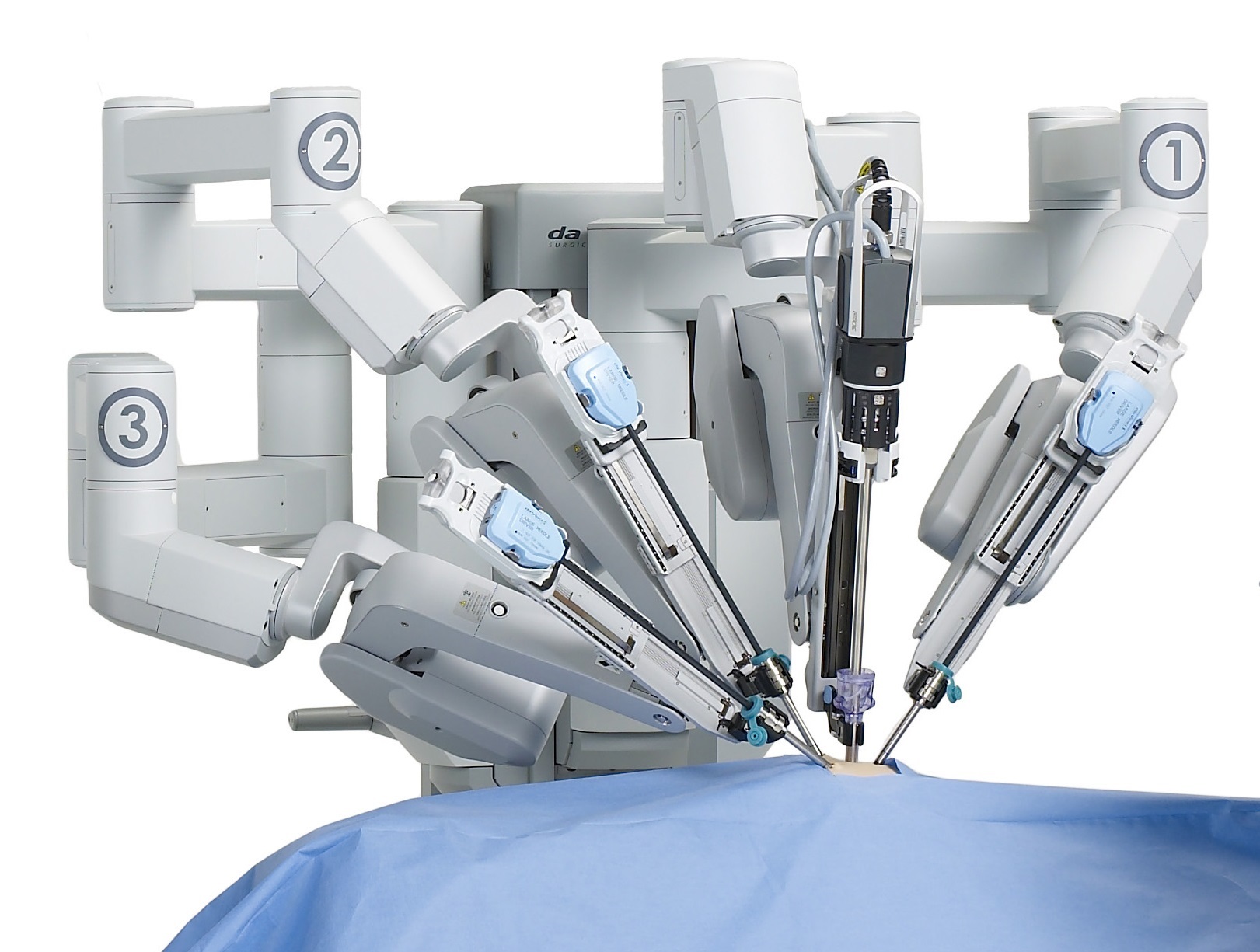Are you looking for a surgical assistant who never gets tired, keeps his finger on the pulse for hours and sees in perfect 3D? Meet the da Vinci surgical robot, the most sought-after healthcare worker robot, which has just seen an impressive 17% increase in procedures in 2024 and shows no signs of slowing down.
Intuitive Surgical, the company that created these high-tech assistants, has turned operating rooms into storefronts of the future of healthcare based on artificial intelligence. Their latest quarterly report shows not only the growing interest in robots in medicine, but also the rapid growth in demand: hospitals around the world are eager to hire these mechanical surgeons, the number of jobs in the systems increased by 11% compared to the previous year.
What makes working at da Vinci so attractive? Imagine a surgical assistant with high-definition 3D vision, an enlarged image that allows you to capture details that the human eye can miss, and computer precision that remains unchanged even during the longest procedures. It's as if Superman's vision is combined with a steady hand that never trembles.
The numbers speak for themselves: in 2024, Intuitive delivered 1,526 da Vinci systems, with 362 of them being the latest generation da Vinci 5 model. Such a surge in the "hiring" of these robot workers helped boost the company's revenue in the fourth quarter alone to $2.41 billion, a 25% increase that beat Wall Street expectations.
"We are pleased that customers are using da Vinci 5, Ion, and SP throughout the quarter and throughout the year," says Intuitive CEO Gary Guthart, emphasizing that these AI-powered surgical assistants are becoming standard members of medical teams around the world.
Unlike human workers who needed time off during the COVID-19 pandemic, these robots have demonstrated remarkable reliability. In 2024, the company reported no disruptions due to COVID-19, which helped hospitals effectively manage patient queues.
Looking ahead, Intuitive predicts a 13-16% increase in the number of procedures by 2025, suggesting that the use of the da Vinci system may become the same standard for hospitals as the recruitment of new surgical staff. With the announcement of three new executive promotions designed to drive this growth, Intuitive is clearly positioning itself for a future in which artificial intelligence and robotics will play an increasingly important role in healthcare delivery.
For hospitals considering using their first (or next) da Vinci system, the market offer is obvious: these robot workers are not just the future of surgery, they are increasingly becoming its present.


















